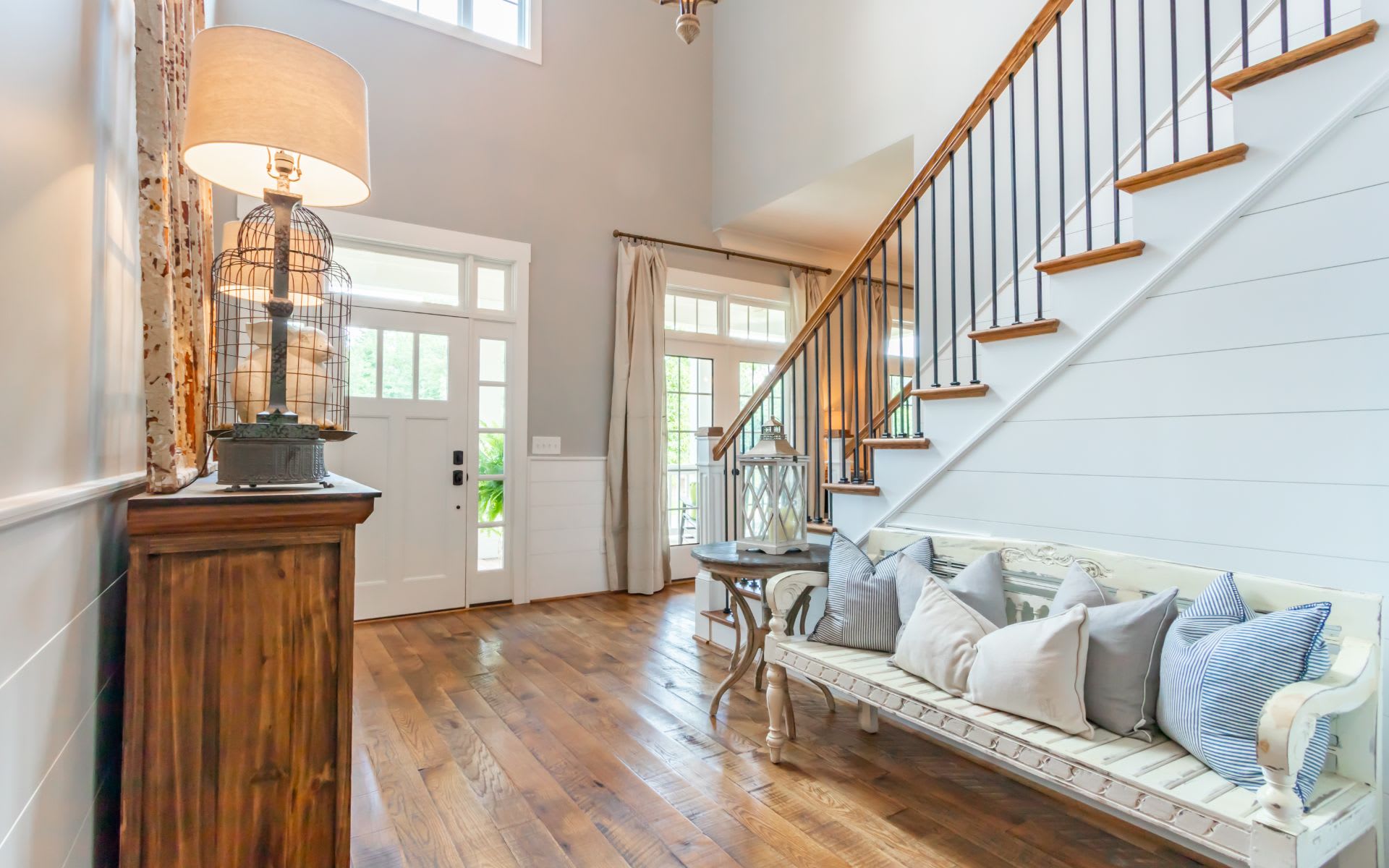Home Buying Must: Inspection



Its spring! The housing market is buzzing, offers are being accepted and this means home inspections. Any offer on a home must be subject to a home inspection (unless you are buying a teardown). Once your offer is accepted by a seller, you will generally have 14 days to make all inspections. Inspections are not only a good opportunity to learn about how your house functions but may also uncover home maintenance issues that only professionals can identify. For my clients, I suggest a choice of three inspectors, or you can visit the American Society of Home Inspectors.
I always recommend to buyers to attend the home inspection because you will see, first-hand, the inspector’s findings and you will be able to discuss them directly with him/her. Inspectors will also advise you on the necessary care and maintenance needed to run the house after you close. For buyers who have never owned a house, this information is indispensable. Plan to spend anywhere from 2-3 hours at the inspection.

A general home inspection includes a thorough check-up of the property’s condition, encompassing everything from the foundation to the roof (see the list of systems below), it also includes checking for wood-infesting insects, radon tests, and tank sweeps. Based on the home inspector's report and local market conditions, you may need secondary inspections. This is when the home inspector recommends an expert to examine an issue – these can include chimney, sewers scopes, roof, or structure).
Once the inspection is complete, the home inspector will deliver a comprehensive report with his findings and photos. Read the report carefully. Sometimes inspectors will tease out those issues that are most critical at the beginning of the report. They will often break down their findings in terms of " immediate action", "needs attention" or "satisfactory condition".

The responsibility to correct home inspection items is a matter of negotiation, and each sale is different. Your realtor, in conjunction with inspection professionals and licensed tradespeople, can help you determine which items are of critical concern and negotiate an amenable solution.
Home Inspections can be emotional but they can also be interesting. Older houses have histories and sometimes you will find charming (or not so charming) reminders of how people once lived.
Do not make offers with the intention of reducing the property’s sale price using the found inspection issues. Inspections are not an opportunity to renegotiate the price.
Inspectors will find issues. This is normal. Homes require constant maintenance and care. No home, not even newly built ones, are perfect.
The issues successfully negotiated from inspection reports are those that are either code violations (not grandfathered), structural issues, or defects that can be dangerous and cause harm to its occupants.
Inspections can also stir up emotions: Buyers can be surprised by the thoroughness of the report and react with surprise when they review it and sellers can be defensive about the condition of their home. It is critical to keep a cool head.
Inspections will not uncover everything, but they will find issues that could pose an immediate safety threat or adversely affect the value of your home. You may find other (annoying but not so pressing) issues during the course of living in your new house. This is not unusual - a three-hour inspection cannot replace day-to-day living and using a property.